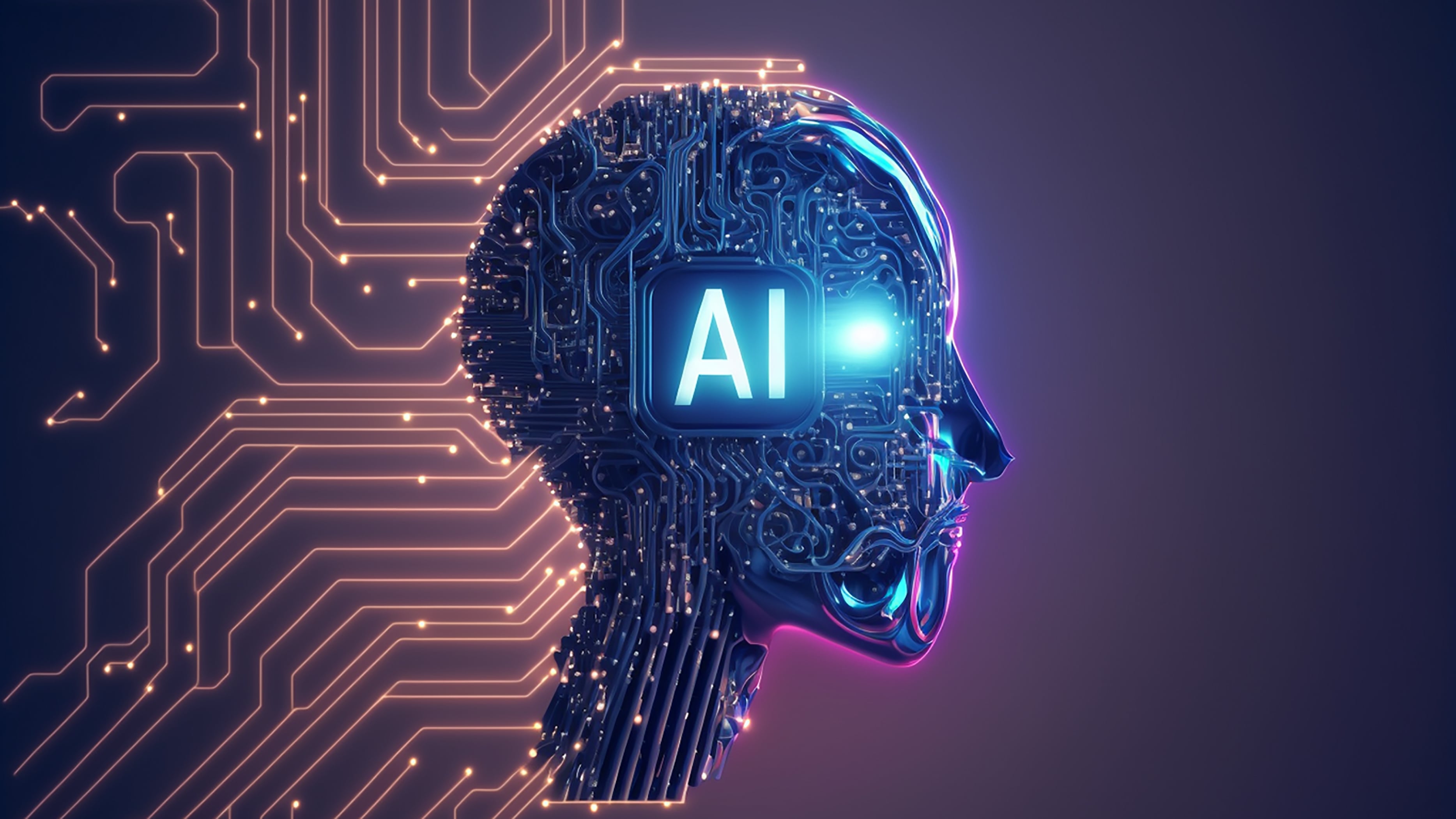In today's rapidly evolving digital landscape, staying competitive requires more than just a strong online presence—it requires the strategic use of cutting-edge technology. Enter Artificial Intelligence (AI), a game-changer for digital marketers looking to enhance their campaigns, reach wider audiences, and achieve better results.
Understanding AI in Digital Marketing
Before diving into how AI can elevate your digital marketing strategy, it's crucial to grasp the fundamental role AI plays in this field.
1. Data Analysis and Insights: AI can process vast amounts of data in real-time, providing marketers with valuable insights into customer behavior, preferences, and trends.
2. Personalization: AI-driven algorithms can tailor content, product recommendations, and advertisements to individual users, improving engagement and conversion rates.
3. Automation: AI-powered tools can automate repetitive tasks like email marketing, social media posting, and customer support, freeing up valuable time for strategic thinking.
4. Predictive Analytics: AI can forecast future trends and consumer behaviors, enabling marketers to proactively adjust their strategies.
Ways to Leverage AI in Your Digital Marketing Strategy
Now, let's explore how you can harness the power of AI to supercharge your digital marketing efforts:
1. Enhanced Customer Insights:
AI tools like customer segmentation algorithms and sentiment analysis can help you understand your audience better. By analyzing social media interactions, website visits, and purchase history, you can create more targeted marketing campaigns.
2. Content Creation and Optimization:
AI-driven content generators and editors can assist in creating high-quality, SEO-friendly content. These tools can also recommend improvements for existing content to boost search engine rankings.
3. Email Marketing Automation:
Use AI-powered email marketing platforms to send personalized emails at the right time. These tools can analyze user behavior and preferences to craft tailored messages that drive higher open and click-through rates.
4. Chatbots and Virtual Assistants:
Implement chatbots on your website or social media channels to provide instant customer support. These AI-driven chatbots can answer common queries, route inquiries to the appropriate department, and offer a seamless user experience.
5. Predictive Analytics:
AI-driven predictive analytics can help you anticipate market trends and consumer behavior. Use these insights to adjust your marketing strategy, optimize ad spend, and stay ahead of the competition.
6. Programmatic Advertising:
Embrace programmatic advertising platforms that use AI to target specific demographics and user behaviors. This ensures your ads are shown to the most relevant audiences, maximizing your ROI.
7. Social Media Management:
AI tools can schedule posts, analyze engagement metrics, and even suggest content ideas based on trending topics and user interests.
The Ethical Considerations
While AI offers incredible potential, it's important to address ethical concerns. Be transparent about your use of AI, respect user privacy, and ensure your AI-driven decisions align with your brand values.
Measuring Success
Finally, regularly monitor and analyze the performance of your AI-driven strategies. Key performance indicators (KPIs) may include conversion rates, customer satisfaction scores, and ROI. Make adjustments as needed to continuously improve your campaigns.
Conclusion
Incorporating AI into your digital marketing strategy can revolutionize the way you engage with your audience, streamline your processes, and ultimately achieve better results. By staying informed about the latest AI technologies and ethical considerations, you can position your brand at the forefront of the digital marketing landscape.



